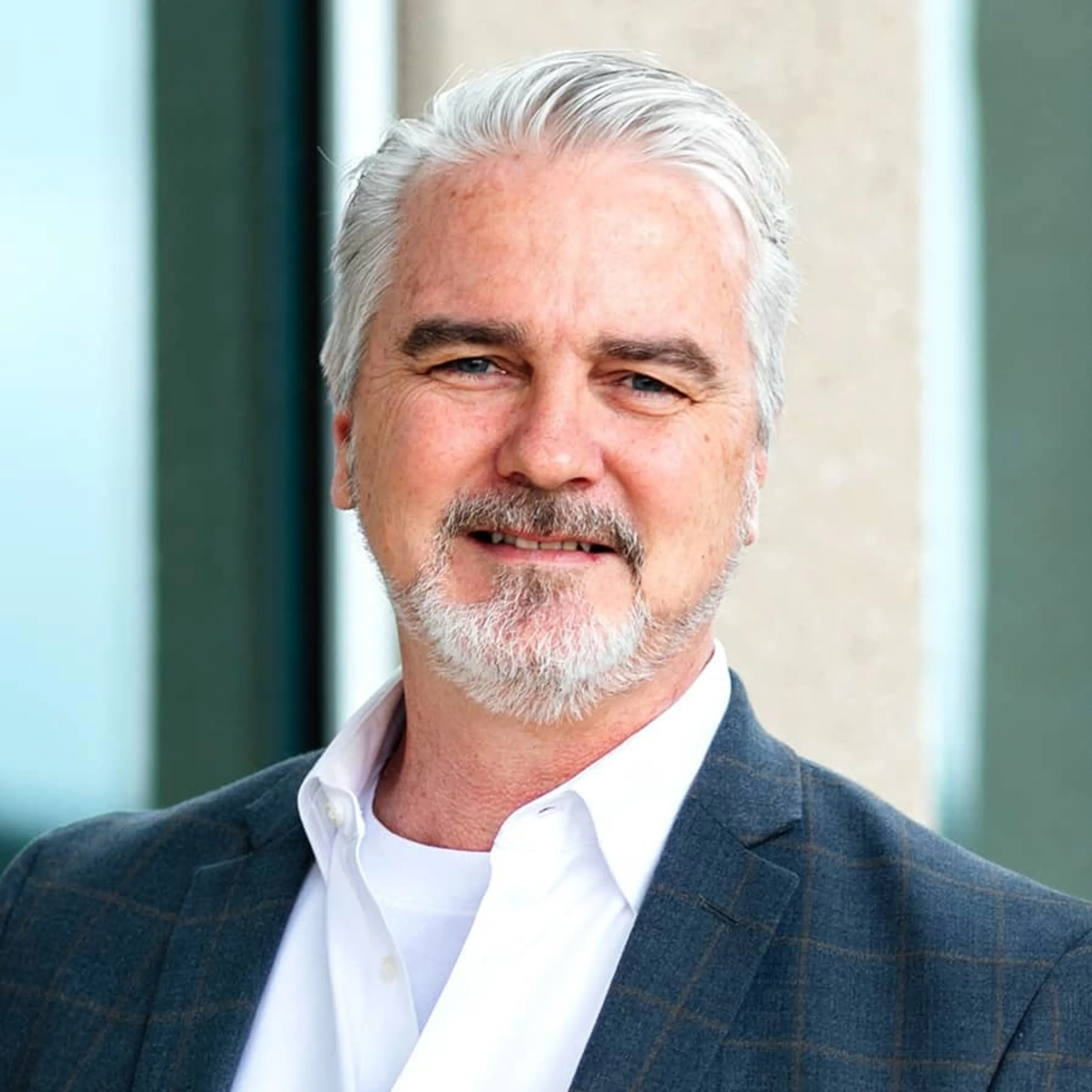In the middle of 2021 when pandemic restrictions eased, many companies rallied to get employees back to the office with an interest in maximizing workplace attendance. Depending on the type of business and the type of work performed, it was easier for some than others. High level conversations in the C-Suite focused on preserving company culture, mentorship, and employee engagement while also ensuring business success.
The new normal of a hybrid work force is addressing how a strong company culture will be affected and maintained when challenged by less face-to-face interactions. Mentoring is also viewed as challenging without face-to-face interaction.
In this second of our series of “Return to Work” interviews, we are highlighting our very own Wight & Company’s CEO, Mark Wight. He will share how Wight & Company has adopted a flexible return approach that encourages employees to work in the office as much as possible while also permitting work from home when personal or work needs are enhanced.
“In my opinion, work from home is never going away. Having said that, we work better live, collaboration is better live, culture is better to develop and maintain live, mentoring is dramatically better live.”
Mark Wight - CEO, Wight & Company
VIDEO TRANSCRIPT
EASY TO LEAVE
I'd say that return to work is probably more complex than leaving the office to work from home in the first place. It's quite interesting, a gentleman that works for us is named Steve Sheer once asked the question, "How long would it have taken us to move home had we had to anticipate it?" Probably a year. Okay, but when it's mandated, it's interesting how you figure things out under pressure. I think we did a pretty good job. I think that a lot of people adjusted nicely to work from home, like it, enjoy the flexibility, and want to continue working from home, at least, part-time. From our point of view, that's fine. I believe we have successfully accommodated every person that wants to work from home for pretty much whatever period of time they want.
ACCEPTING A HYBRID WORKPLACE
Do people have an expectation to have more flexibility in the workplace? Absolutely. Are people more focused on work-life balance than ever before in my career? They certainly are. From my point of view, that's welcome. What we've asked is that people return to work three days a week unless there's a reason, and we're very generous with interpreting the reasons. It can pretty much be any reason. So, an example of a good reason to work from home would be "Tomorrow, I have Zoom meetings all day and it's just easier for me to do that from my home office." Another good reason could be, "I'm working on a deadline. I don't need team participation. It's only me. I have to put my head down and I have to work really hard for the next three days. I would rather do that from my home office." That's a great reason. Another even better reason is, "I'm having issues with childcare." So anyway, that's what we're doing, and I think people are following that. We're averaging more than three days per week, probably closer to four days a week. So, I think people like being back in the office.
CULTURE & MENTORING
Culture is something very important to Wight & Company and it's something very important to me. And I spend a lot of energy working on culture and hiring for character over talent. I think it's difficult to build and sustain a culture virtually. Not impossible, difficult. I also think that in our industry, mentoring is very difficult virtually. So, if you were to ask me are there two things that staff suffer in this work from home environment, I would say for us, culture, and mentoring. The ability to ask an impromptu question is a very important piece of the professional services puzzle. I also think that young people may not have the best work from home situations. Many of them have small apartments and they have roommates and finding the place to work. Okay, what is one person in the little bedroom and the other is in the dining room and do they work in shifts or? It can be difficult for many people. In my opinion, work from home's never going away. So, for instance, our Chief Information Officer lives in Atlanta and it's working just fine. The individual that heads our referendum consulting business lives in Colorado, in Denver. We have a graphic consultant that lives on the Western Slope somewhere. I'm not sure. I just know it's the Western Slope or the Rocky Mountains and he always seems to be around when we need him. And he produces world class work.
THE DYNAMICS OF FACE TO FACE
My own opinion is that the best meeting still, without a doubt, far and away the best meetings, is when everybody's together in a room. We have a project in the Middle East where we were selected virtually, we interviewed virtually, we did the contract negotiations virtually. We did the programming and kicked off the project virtually. We did the entire schematic design process and there were several iterations virtually, and we didn't meet our client until two weeks ago, even though we've been working on this for certainly more than a year and a half. It worked pretty well, and I think the team would say that they had a good experience virtually. But two weeks ago, we sent a team there live and the team came back and said, "We accomplished more in the five days we were live than we accomplished in the year and a half virtually." So, take that for however you interpret it. I think the message, to me, is things work virtually, they work better live in our industry.
FIVE YEARS FROM NOW
I think that you're going to have people that are virtual every day, all of the time. It's quite exciting to think that you can have subject matter experts, for instance, that are full-time team members, and they could be living overseas even. There's a time issue there, but I think that's very exciting. Having said that, we work better live, collaboration is better live, culture is better to develop and maintain live, mentoring is dramatically better live. So five years from now, work from home's not going away, but I don't think the office is going away either, at least, in our professional services industry where lifelong learning is so important.





